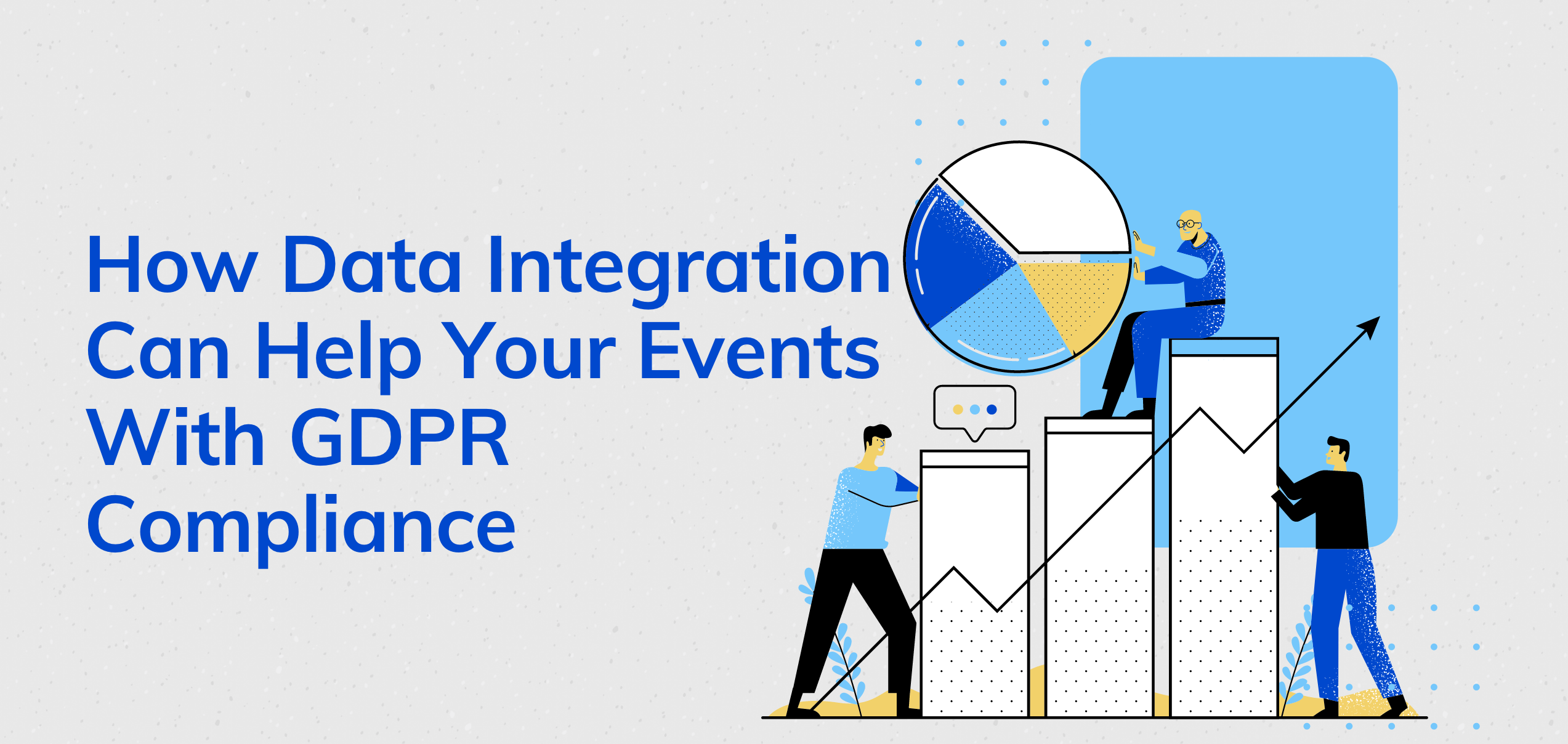General Data Protection Regulation (GDPR) dictates the way companies handle personal data. The violation of these regulations results in hefty fines, which imply the compulsion of GDPR compliance.
Event data integration is essential for event planners to ensure the systematic management of information regarding their events. Circulating information to different wings such as finance, marketing, and sales can be done smoothly using the Application Programme Interface (APIs). Data integration is required once the use of APIs is established.
Here are some of the reasons data integration can assist in GDPR compliance.
Management with data integration
Since GDPR alters the way personal information of users is collected, processed, and protected, data integration can ensure control over the data and the way it is shared across the company.
It gives all the involved parties the appropriate amount of information they need to function. Along with this, data integration between different sectors of an organization involves instructions such as the management of personal information.
For example, the information collected from registration forms can be integrated between the event management system and CRM. This facilitates the automatic updating of information collected in your CRM as well as the event management system.
Data security
The GDPR was designed to avoid data breaches. By integrating event management and other ecosystems, the security of data is significantly improved.
This is done by eliminating unsecured forms of data sharing, such as manual transfers, email communication, and spreadsheets that are not secure. Personal information is automatically shared with the concerned business sector without the risk of a data breach.
For example, integrating the event management system with the CRM system of your organization facilitates the easy, quick, and authentic transfer of data between these systems. Updates occurring in one system are automatically updated in the other.
Data integration saves time
The integration of the flow of data between different sectors eliminates the process of manually duplicating and sharing information. Data integration saves time exhausted to carry out these functions accurately.
This is also a modern approach that removes the obsolete functioning of organizations, making them more efficient.
For example, if the event management system is integrated with membership, changes in the profile of registration are automatically updated in the membership system.
Improves insight
Using data integration improves the quality of work as all systems working in your organization have important data. This allows your company to make more informed decisions, which, in turn, increases the insight of your employees.
Apple, for example, uses a Privacy Impact Assessment (PIA) to cater to the EU GDPR compliance. This policy ensures the privacy of data through encryption and design. This also entails data integration between different sectors.
Endnotes
Data integration is an effective way to improve event management with GDPR compliance. It is a quick, efficient, and accurate method of enhancing functionality under the GDPR compliance instructions.
Additionally, APIs can be employed to further the convenience of this process. Its integration abilities are certified software solutions as they have been tried.
Understanding your goals will enable better use of resources while enabling the sharing of data between systems within the organization. This will support the projects undertaken by your company adequately.

1 thought on “How Data Integration Can Help Your Events With GDPR Compliance”